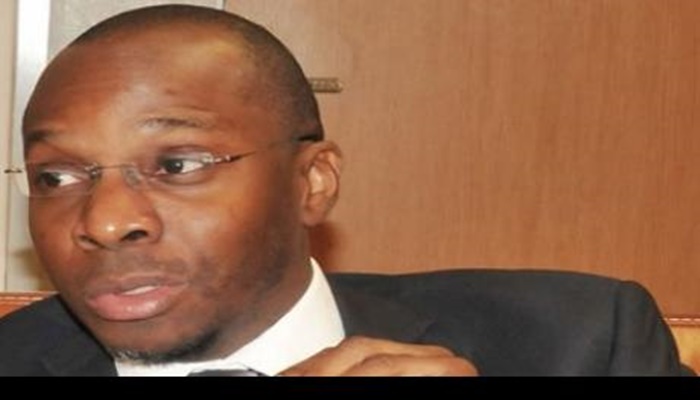
Annual inflation in the country accelerated to 16.5 percent in June from 15.6 per cent in May, data by the National Bureau of Statistics (NBS) showed on Monday. This is highest in almost a decade and the fifth monthly increase in a row, as the nation’s economic challenges deepen.
According to the NBS data, the rise reflected higher prices for electricity, transport and food, a separate index for which rose to 15.3 percent from 14.9 percent in May.
“In June, the consumer price index which measures inflation continued to record relatively strong increases for the fifth consecutive month,” the NBS said.
Nigeria has seen revenues plunge with oil prices, with pressure on the naira currency helping to fuel inflation even as the naira hit 295.25 in thin trade, a month after the Central Bank of Nigeria (CBN) remove its currency peg and effectively devalue the unit in response to falling prices for oil.
Investors have welcomed the currency float but many are still steering clear until the country recovers from damage inflicted by the 16-month exchange rate peg.
The naira weakened as much as 1.4 percent to 288.25 per dollar after the release of the inflation data. The currency was 0.2 percent stronger at 283.75 per dollar in Lagos on Monday.
The International Monetary Fund (IMF) had said the nation’s economy could contract for the first time in more than two decades this year as a fall in oil revenue and electricity shortages weigh on output.
The country’s Gross Domestic Product (GDP) contracted by 0.4 percent in the three between January and March as the naira peg and restrictions on trading foreign currency led to a shortage of dollars needed to import fuel and materials for manufacturers.
Economists projected that the CBN which is holding its MPC meeting on July 26, 2016 may keep its benchmark rate at 12 percent.
According to NBS, average price actually paid for AGO/Diesel by consumers in June 2016 stood at N183 from N148 in May 2016(rise of 23.3% yoy & 19.3% mom). States with highest average price of diesel were Borno (N222), Taraba (N200) & Kebbi (200) and lowest Ogun (N173), Imo (N175) & Lagos (N176).
States with highest mom rise in average diesel prices were Osun (40.1%), Katsina (38.5%), Taraba(37.9%) and Bauchi (37.5%). States with lowest mom rise in diesel prices were Cross River (-3.7%), Niger(4.9%), Kebbi(6.5%) and Nasarawa (9.5%). This situation aggravated the inflation rates as most manufacturing concerns rely on diesel for their production activities and haulage of their products. The sudden increase in diesel has been a problem to all of them and invariably the consumers.
“Inflation will continue rising because the driving factors are still there, but there should be a slowdown in the subsequent months,” Babajide Solanke, an analyst at Lagos-based FSDH Merchant Bank Ltd., said in telephone interview with Bloomberg. “Inflation may not necessarily cause monetary policymakers to increase rates, because that will hurt growth. They may choose to use other monetary instruments to tighten liquidity.”
“When inflation rises, nominal interest rates have to rise,” Magnus Kpakol, Director at Abuja-based consultancy Economic and Business Strategies, said by phone. “It’s a bad time though to be increasing interest rates when the economy is weak.” Kpakol said in an interview with Bloomberg.







Comments are closed.